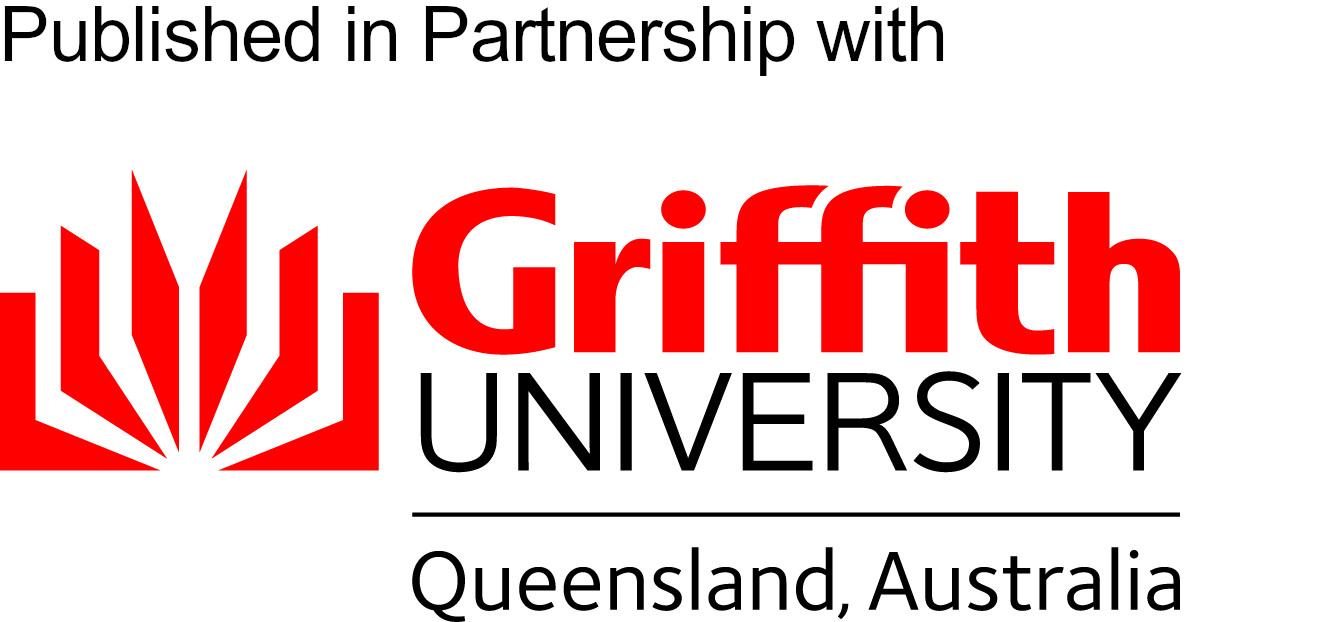Pseudo-Hyphens and Barbaric/Binaries
Anglo-Celticity and the Cultural Politics of Tolerance
DOI:
https://doi.org/10.1017/S1321816600001896Keywords:
Political critique, Australian press, Anglo-Celtic and non-Anglo-Celtic AustraliansAbstract
[T]he point being made is not that the discourse of enrichment places Anglo-Celtic culture in a more important position than other migrant cultures. If this was the case, it would simply be reflecting reality. More importantly, this discourse assigns to migrant cultures a different mode of existence to Anglo-Celtic culture. While Anglo-Celtic culture merely and unquestionably exists, migrant cultures exist for the latter. (Ghassan Hage)
A few months ago I was having dinner with the family of a friend. This family came from India to Australia in the 1960s and has divided its time between both countries ever since. The parents and children are all intellectuals of one kind or another: teachers, journalists and academics. The discussion turned to Hansonism. Why, I wanted to know, hadn't the journalist published an opinion in the Australian press about Hanson? Because, it was patiently explained to me, non-Anglo-Celtic Australians are only allowed to tell one kind of story in the mainstream media: that of the opportunities that they and their family have enjoyed since coming to this country. Political critique is reserved for the opinion columns presided over by those Anglo-Celtic warhorses such as Frank Devine and Padrick McGuiness. Now I knew this. So why did I ask in the first place? And why did I feign surprise when the answer was pointed out to me? This paper is, in part, an attempt to understand this Anglo-Celtic reflex.
References
Hage, Ghassan, ‘Locating Multiculturalism's Other: A Critique of Practical Tolerance’, New Formations, 24, Winter 1994, p 32 (my italics).
For a detailed historical account of changing government policies of multiculturalism in Australia, see Theophanous, Andrew C., Understanding Multiculturalism and Australian Identity, Elikia Books, Melbourne, 1995.
Castles, Stephen, et al. ., Mistaken Identity: Multiculturalism and the Demise of Nationalism in Australia, Pluto Press, Sydney, 1992, pp 178, 188.
Castles, Stephen, et al. . Access to Excellence: A Review of Issues Affecting Artists and Art from non-English Speaking Backgrounds, Office of Multicultural Affairs, Aust. Govt. Publishing Service, Canberra, 1994, p 16.
Gunew, Sneja, ‘Against Multiculturalism: Rhetorical Images’, in Clark, G.L., Forbes, Dean and Francis, Roderick, eds, Multiculturalism, Difference and Postmodernism, Longman Cheshire, Aust., 1993, p 50.
Chakrabarty, Dipesh notes of Bengali ‘autobiographies’: ‘they seldom yield pictures of an endlessly interiorized subject. Our autobiographies are remarkably “public” …when written by men, and tell the story of the extended family when written by women. In any case, autobiographies in the confessional mode are notable for their absence’. ‘Provincializing Europe: Post-coloniality and the Critique of History’, Cultural Studies, 6.3, October 1992, p 341. This raises the question of what happens when this subject becomes a migrant within a multicultural nation-state such as Australia, where the thirst for autobiographical accounts of ‘others’ — in the confessional mode — is apparently insatiable?
Demidenko, Helen, The Hand that Signed the Paper, Allen & Unwin, N.S.W., 1994.
Other writers and critics had misgivings about the manuscript and book, expressing concern over its pervasive anti-Semitic tone. For these writers, the fact that Demidenko was expressing a view of the Holocaust from the perspective of her Ukrainian-Australian cultural background was irrelevant in view of the scale of the atrocities with which she was dealing. They challenged the idea that the Holocaust could be justified, or even ‘explained’, from any cultural perspective. A detailed analysis of Demidenko's alleged anti-Semitism is given in Andrew Reimer, The Demidenko Debate, Allen & Unwin, N.S.W., 1996 and Robert Manne, The Culture of Forgetting: Helen Demidenko and the Holocaust, Text Publishing, Melbourne, 1996.
The Age, 21 August 1995.
The Australian, 15 March 1997.
The Australian, 15 March 1997.
In a recent book Reynolds examines the £30,000 campaign which was mounted in Tasmania to end the guerrilla warfare indigenous people were waging against the white invaders. See Henry Reynolds, Fate of a Free People: A Radical Examination of the Tasmanian Wars, Penguin, Melbourne, 1995 and The Other Side of the Frontier, Penguin, Melbourne, 1982.
McQueen, Humphrey, ‘The War in Tasmania’, The Independent Monthly, May 1995, p 74.
The Australian, 3 September 1997.
The Age, 5 June 1995.
The last officially recorded massacre of Aborigines took place in 1928. However there is evidence of massacres occurring as recently as 1944. See Harris, John, One Blood, Two Hundred Years of Aboriginal Encounter with Christianity: A Story of Hope, Albatross Books, Aust., 1990, P 763.
The Australian, 8 October 1997.
The Australian, 22 August 1997.
Lesser, David, ‘Inside the Mind of Pauline Hanson’, Good Weekend, 30 November 1996, p 16.
Hage, Ghassan, ‘Locating Multiculturalism's Other’, p 21.
Hage, Ghassan, p 29.
Van Kuelen, Titia and Van Kuelen, G.L, Assimilation or Integration?, Australian Citizenship Convention, Canberra, 1959, p 6.





